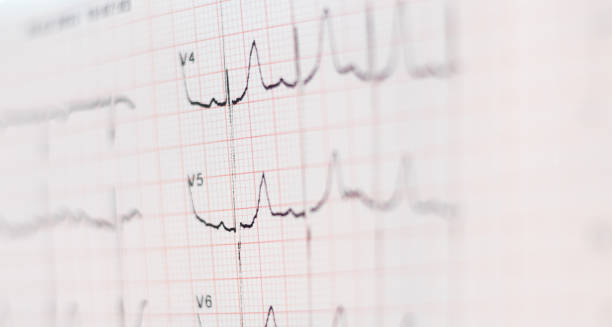Causes of Cardiomyopathy
Causes of cardiomyopathy vary depending on the type, with both genetic and acquired factors playing a role. The most common causes include inherited gene mutations, high blood pressure, infections, long-term alcohol use, and certain medical conditions.
Inherited causes are particularly relevant in hypertrophic and arrhythmogenic cardiomyopathy. Parents can pass on mutations in genes responsible for heart muscle structure or electrical function to their children. Doctors often recommend screening relatives, as family history strongly predicts risk.
Dilated cardiomyopathy may result from:
- Long-term high blood pressure
- Coronary artery disease or heart attacks
- Alcohol abuse or cocaine use
- Viral infections that inflame the heart muscle (myocarditis)
- Certain chemotherapy drugs or toxins
In restrictive cardiomyopathy, it may be a result of:
- Amyloidosis – abnormal protein build-up in the heart
- Haemochromatosis – iron overload
- Radiation therapy to the chest
- Autoimmune diseases such as scleroderma
Causes of Cardiomyopathy
Arrhythmogenic cardiomyopathy is often genetic and linked to defects in the proteins that hold heart cells together, leading to muscle replacement by scar tissue.
Other risk factors include obesity, diabetes, thyroid disorders, and sleep apnoea. In some cases, no identifiable cause is found — these are termed idiopathic cardiomyopathies.
Understanding the causes of cardiomyopathy allows doctors to tailor treatment, identify at-risk family members, and advise on prevention strategies such as managing blood pressure or avoiding alcohol and recreational drugs.
[Next: Symptoms of Cardiomyopathy →]


